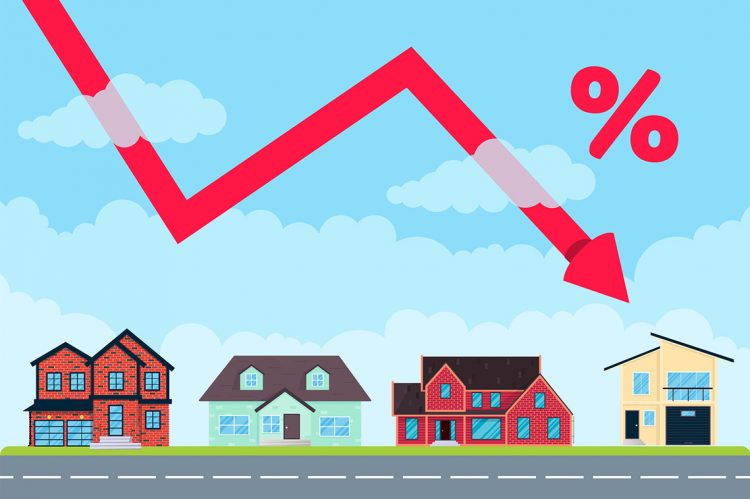The 30-year fixed-rate mortgage (FRM) dropped from last week’s average of 6.96% to an average of 6.78% this week, according to the latest Primary Mortgage Market Survey® (PMMS®) from Freddie Mac released Thursday.
This week’s numbers:
- 30-year fixed-rate mortgage averaged 6.78% as of July 6, 2023, up from last week when it averaged 6.96%. A year ago at this time, the 30-year FRM averaged 5.54%.
- 15-year fixed-rate mortgage averaged 6.06%, down from last week when it averaged 6.3%. A year ago at this time, the 15-year FRM averaged 4.75%.
The takeaways:
“As inflation slows, mortgage rates decreased this week,” said Sam Khater, Freddie Mac’s chief economist. “Still, the ongoing shortage of previously owned homes for sale has been a detriment to homebuyers looking to take advantage of declining rates. On the other hand, homebuilders have an edge in today’s market, and incoming data shows that homebuilder sentiment continues to rise.”
“The Freddie Mac fixed-rate for a 30-year mortgage remained elevated this week,” said realtor.com® Economic Data Analyst Hannah Jones. “After June’s relatively positive inflation data, the market’s attention has turned to the upcoming FOMC meeting. Though inflation has slowed, the level remains well above the 2% target, and investors expect the Fed to hike interest rates in pursuit of this target. While the Federal Funds rate does not directly impact mortgage rates, it installs a floor beneath the cost of borrowing, meaning mortgage rates are likely to remain elevated for the time being.
“Mortgage rates have hovered in the 6% – 7% range for the past 10 months,” added Jones. “Though home prices have softened slightly nationally, the still-high cost of borrowing means hopeful homebuyers have felt little relief. Many homeowners feel ‘locked-in’ by their current mortgage rate and are therefore choosing to hold off on listing their home for sale. As a result, after more than a year of new listings lagging behind the previous year’s pace, the number of homes for sale has tracked lower than last year’s levels for the past four weeks. In light of limited home inventory, buyers are turning to new construction, and builders are picking up the pace of construction to fill the gap.
“As markets prepare for next week’s FOMC meeting and the probable resulting interest rate hike, strong employment data and cooling inflation suggest that the economy’s progress toward stability is on the right track,” concluded Jones. “However, home shoppers are still feeling the pressure of recently-climbing mortgage rates as well as limited affordable inventory. Sellers remain hesitant to engage with today’s market, creating competition for the relatively few homes on the market in many areas. The current market dynamics are likely to persist until affordability and inventory gains are made. Despite slowing price growth nationally, some low-priced markets continue to see high levels of price growth and a quick market pace, exemplifying how much housing market dynamics vary by locale.”












